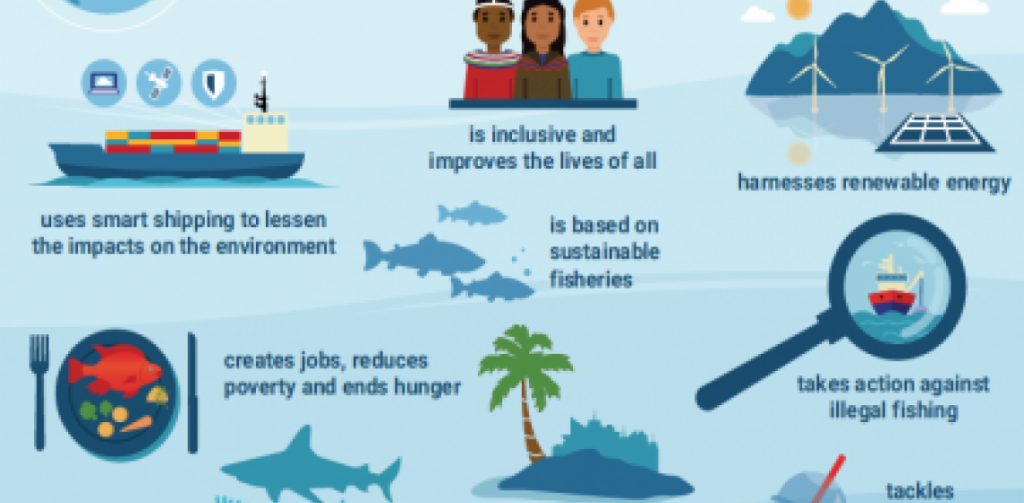
The Foreign & Commonwealth Office (FCO) and UK Hydrographic Office (UKHO) are working with the Southern Africa and Islands Hydrographic Commission to establish regulations and legislation that promote the growth of the region’s ocean economy.
Across the world we are becoming increasingly reliant on our oceans: depending on them for food, energy and livelihoods. According to the Organisation for Economic Co-operation and Development, our increasing dependence on this resource will mean our global ocean economy – which includes activities ranging from shipping and fishing to renewables – will grow to reach $3 trillion dollars in 2030.
This growth will have a significant effect on the countries that line Southern Africa’s coastline. In Madagascar, which is situated on the Indian Ocean trade route that links Australia, Asia and the Middle East, ports and shipping lanes will experience an exponential increase in shipping traffic. The planting of mangroves along the eastern coast, has the potential to generate increased income for coastal communities whilst helping to mitigate the effects of climate change. And in South Africa, government investment in marine infrastructure through Operation Phakisa has the potential to create an estimated one million jobs by 2033.
Legislation and regulations that guide the sharing of maritime information – including up-to-date bathymetry (seabed mapping data), tides, navigational warnings and observations – will be key to helping these countries manage this change, as well as unlocking further potential to grow their economy in a sustainable way.
They can underpin effective marine spatial planning, allowing governments and commercial counterparts to unlock economic potential, deliver effective protection of marine species and contribute to global conservation. They support navigational safety, giving mariners the information they need to reduce the likelihood of groundings that could lead to loss of life and the degradation of delicate marine environments. And they support the sharing of vital security information that is key to reducing the threat of piracy and illegal fishing in the region.
The UK Hydrographic Office and Foreign & Commonwealth Office have worked with partners across Southern Africa to develop this regulation and legislation during a 5-day seminar. Led by government experts in maritime safety, seabed mapping and ocean science, sessions covered:
Hydrographic Services and the development of a Hydrographic Governance Implementation Plan – These sessions promoted compliance with International Obligations, identifying activities that improve the sharing of Maritime Safety Information and advice on how to maintain safety of navigation through seabed mapping. Sessions also led to discussions on the wider use of the data to support marine spatial planning, maritime infrastructure development, environmental protection and management of resources; all fundamental activities for developing a sustainable blue economy.
The creation of regional peer support networks – these sessions promoted the sharing of knowledge and best practice, whilst identifying activities, dependencies, costs and success measures that improve the sharing of hydrographic information and reduce maritime risk to life and delicate marine environments.
Commenting on the programme, Ian Davies, International Hydrographic Programmes Manager said: This seminar was a fantastic opportunity to work with partners from UK government and around Southern Africa to help build sustainable and resilient marine economies for the future. The oceans are vital for providing these states with resources, security and livelihoods, so it’s vital that we not only help them understand and monitor these areas, but also learn how to protect them through the development of strong governance and appropriate legislation.
Kindly follow us on twitter:@AfricanVoice2










